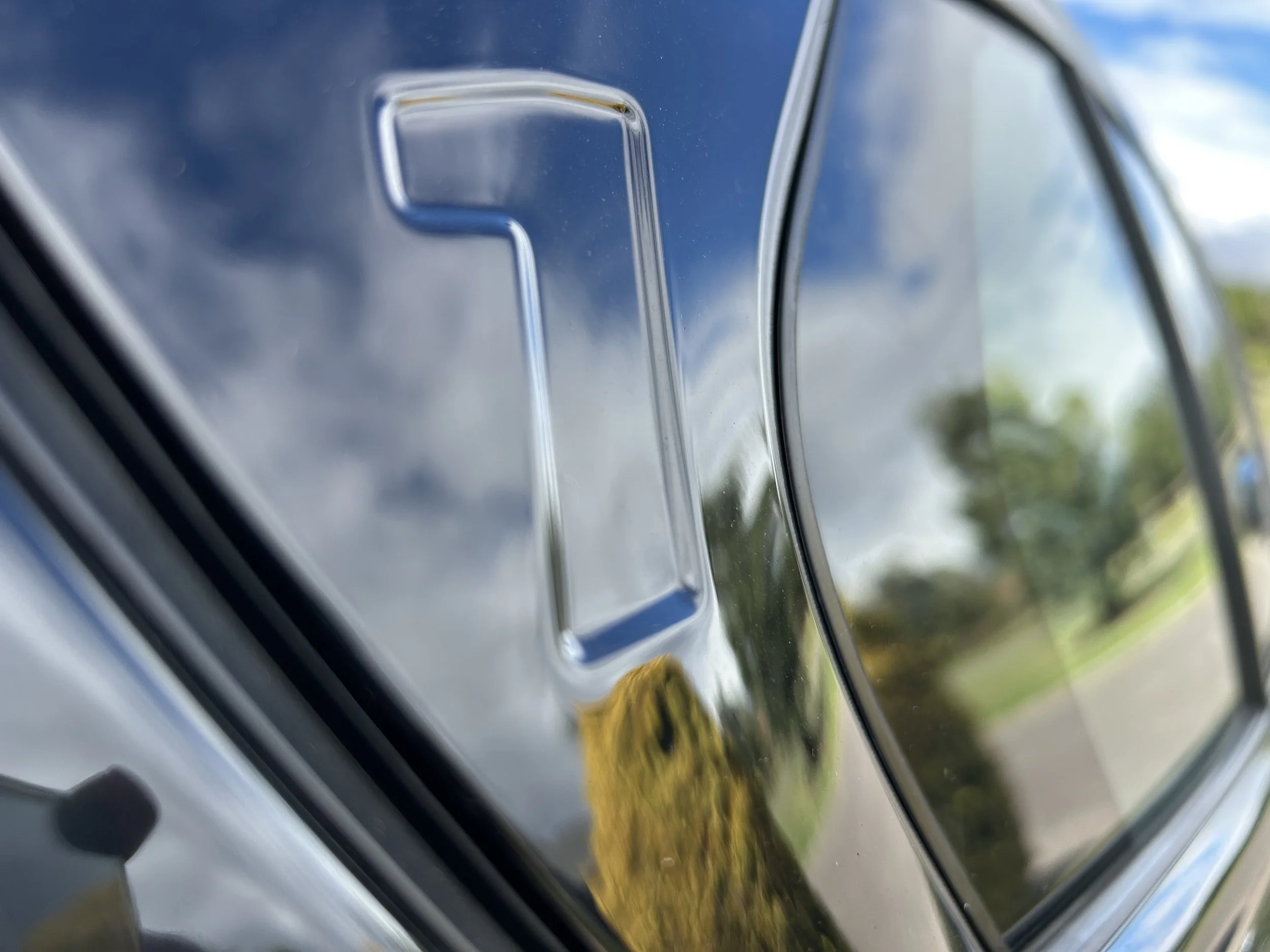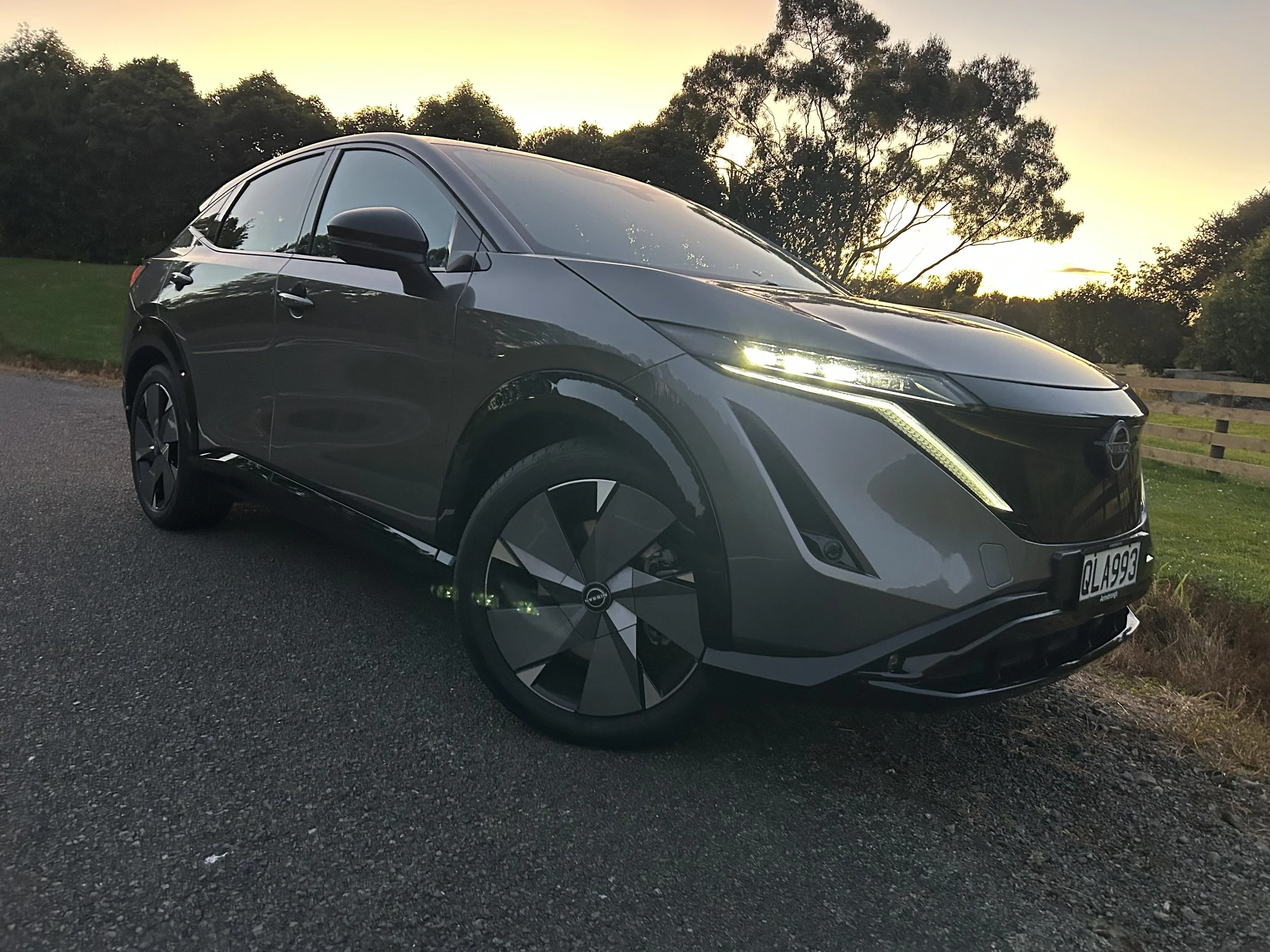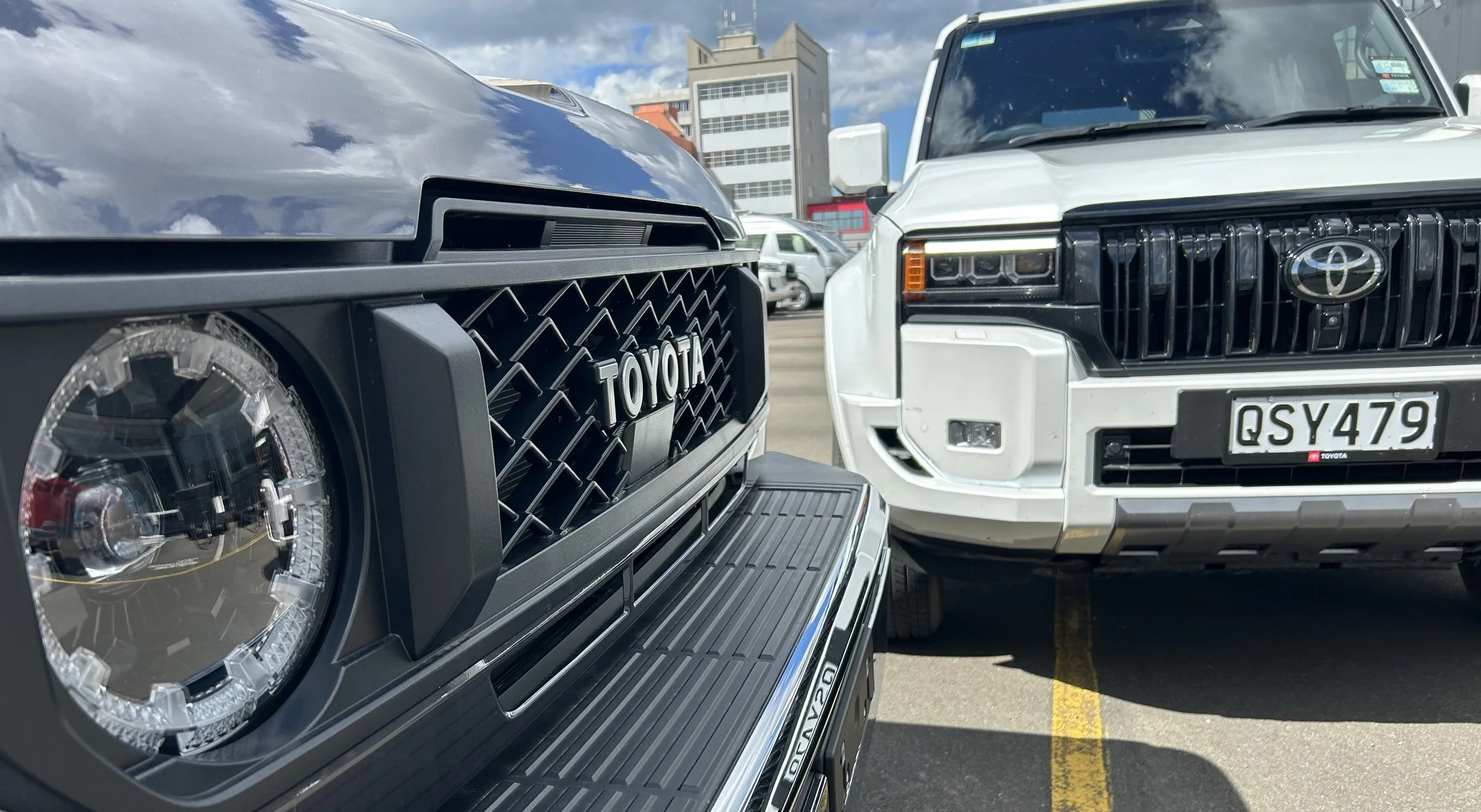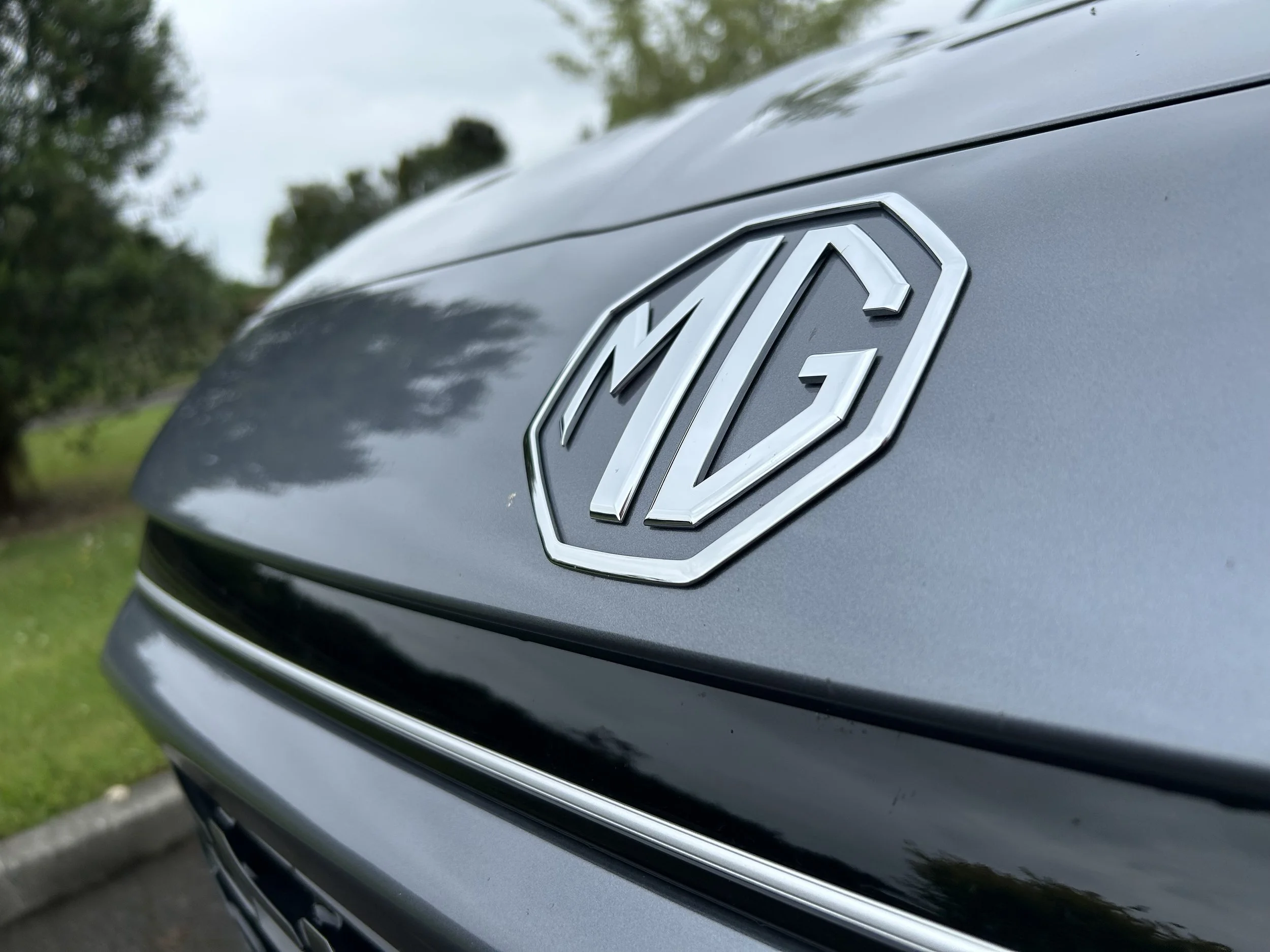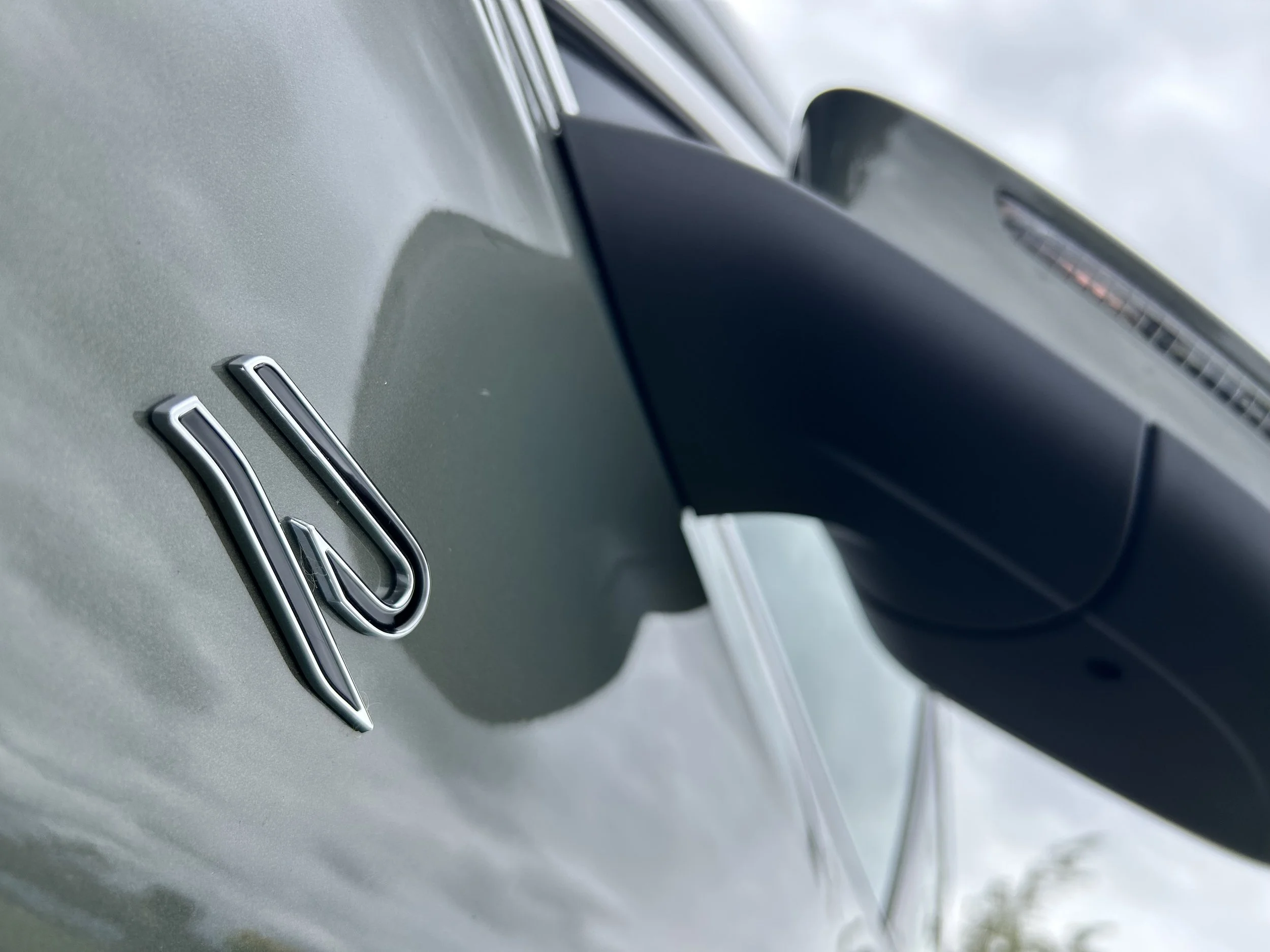Next-gen Koleos cited for NZ but Kadjar not excluded
/South Korea is set to remain the first line provider of a Renault-badged medium crossover for NZ, but that doesn’t mean there won’t be room for a French-built alternate.
DETERMINATION to go with another Koleos, still out of South Korea but in seven-seater format alongside another five-pew model, might mean there’s little room here for Renault’s alternate medium crossover of the moment.
However Renault New Zealand, in confirming a new-generation Koleos is set for arrival in this market in early to mid 2016, insists it has not totally disregarded also offering the Kadjar – another spin off a platform also used by co-owner Nissan for the Qashqai – though it admits the ‘how’ and ‘when’ are still up in the air.
Speaking to Motoring Network straight after a major regional product symposium staged in Hong Kong, Renault NZ boss Tom Griffiths explained the next generation Koleos will be here in the latter half of 2016, initially in the same five-pew format as the present car.
“That’s an entirely new platform, which we are very excited about. It will come first up with five seats then the second release of that will ideally be a seven seater.”
Where doe that leave Kadjar, the alternate five-seater cross-over just launched into right-hand-drive and also conceivably available?
Griffiths suggests it could also fit into the NZ motoring scene, because even though of similar dimension and ability to Koleos, Kadjar is seen as not being quite the same kind of car.
“We’re working on it at the moment. We’d love to put that in the stable also and offer it in the light medium category of sports utility. We’re certainly working towards finding something to fit into that category.”
As is, he sees the Koleos and new Captur small crossover as being key elements for a growth strategy within the booming crossover sector.
Even so, Koleos’ continuation might seem a surprise to those who know something of its history.
Designed in France, engineered in Japan (by Nissan) and built in South Korea as part of Renault’s tie-up with Samsung (the car-building section of the electronics giant), Koleos stands out for being the oldest passenger model Renault produces but is better known for being a Renault that France cold-shouldered. It was dropped out of Continental sale (and also from the United Kingdom) in 2010 after just three years of lacklustre sales and a stream of criticism, mainly aimed at its awkward styling and poor fit and finish.
Since then the car has undergone a number of refits, one that resulted in an almost wholly new cabin architecture, but has only been restricted to South East Asia, Australia and New Zealand. It has been a modest performer within the SUV ranks here, but achieves enough volume to keep Renault NZ happy, the brand attests.
The replacement car is built on the Renault Nissan Alliance’s Common Family Module (CFM) architecture that also underpins the latest Nissan X-Trail and other models from both Renault and Nissan and is thus set to be larger than the current offer.
Renault executive vice president Jerome Stoll told media at the Frankfurt motor show in September that it will be about 4650mm long, compared with the current model’s 4520mm, which better enables the eventual ability to format with seven seats in three rows.
Kadjar, meantime, has established well since coming on sale in Europe in January of 2015. It is available in two-wheel drive and all-wheel drive guises and is powered by the same line of engines as the Qashqai. Choices for the sole right-hand-drive market of the moment, the UK, include a 96kW 1.6-litre turbo diesel engine and 106kW 2.0-litre petrol.
Some semblance of off-road ability is assured thanks to a 190mm ground clearance, front and rear skid plates and approach and departure angles of 18 and 25 degrees respectively.
Internally, the larger proportions have endowed the Kadjar with a superior boot space of 427 litres, 42 litres bigger than the Qashqai.
On the technology front, the Kadjar has automated parking, road sign recognition and LED headlights, dual zone climate control, electronic parking brake and keyless entry.











